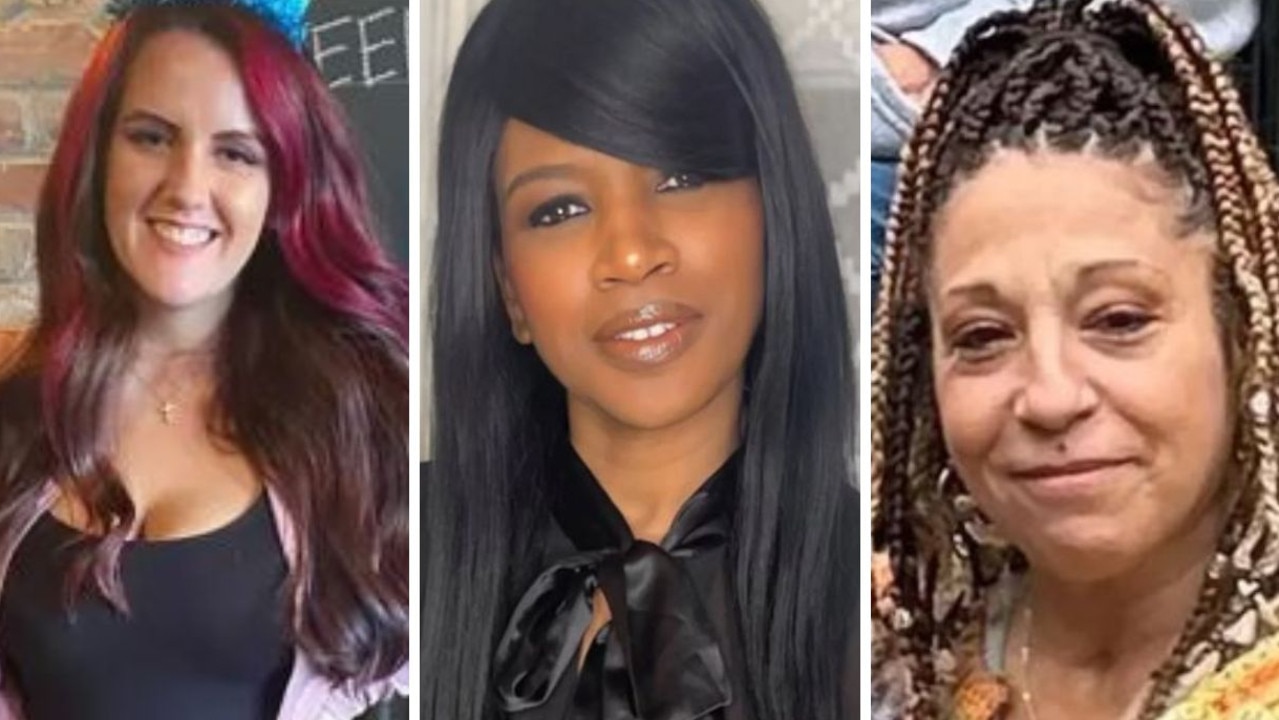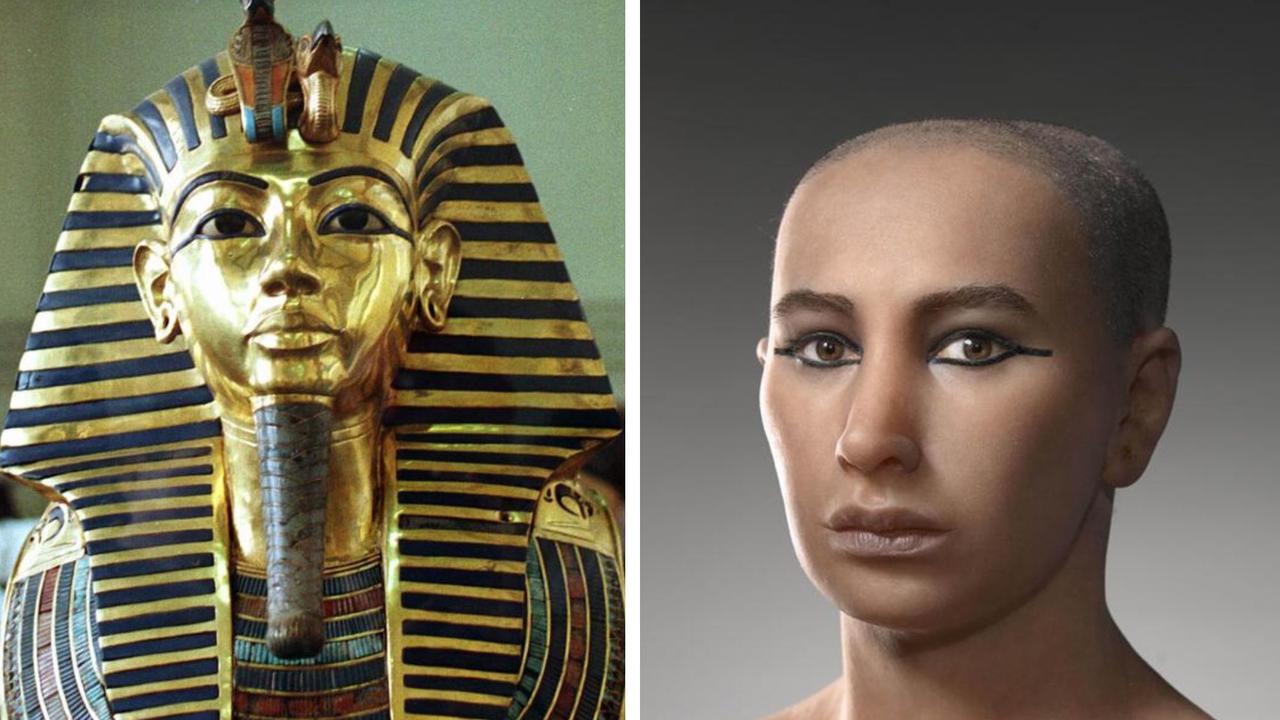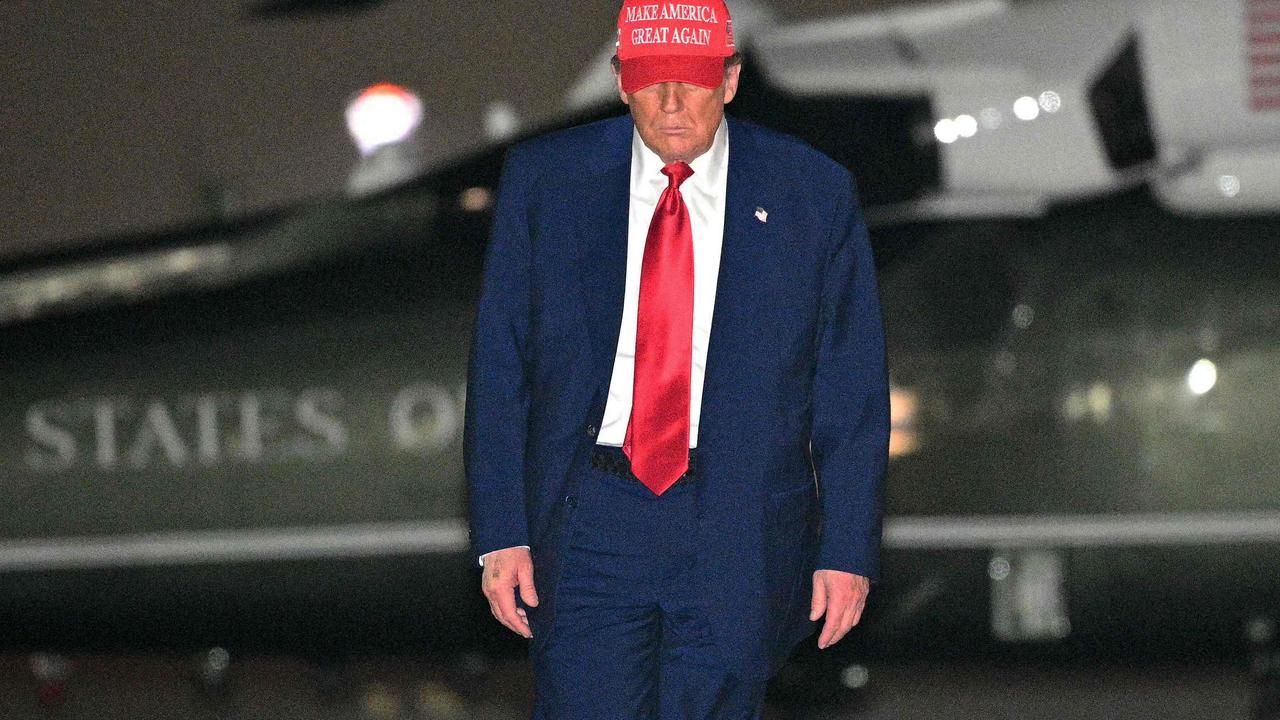’Desperately thin children’: War-torn Sudan’s ‘most valuable resource’ under siege
More than half of the nation’s 25 million residents are children, and almost four million of them are under the age of five, suffering from something no child should ever endure.
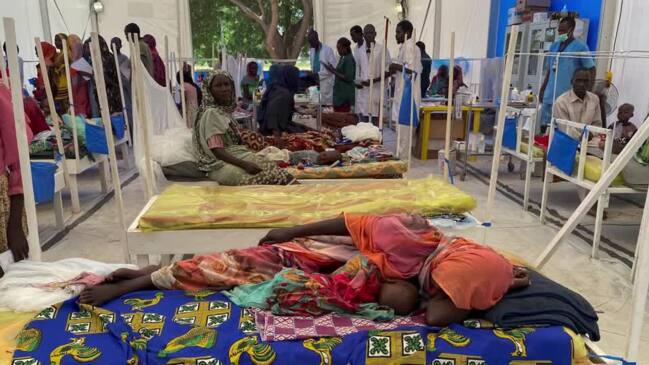
James Elder knows he is among the lucky ones.
Over the past 12 months, the Global spokesman for UNICEF has travelled to some of the world’s most dangerous places – from war-torn Ukraine and Gaza and now Sudan.
Despite the rough living conditions, the limited food, irregular showers and bouts of illness – he knows “I get to leave these places”.
Elder spent a week in the African nation where a civil war has led to the declaration of famine in one part of the country and fears of widespread death.
While more than two million Sudanese have fled to neighbouring counties, the United Nations estimates more than 10 million residents have been displaced, with tens of thousands already killed.
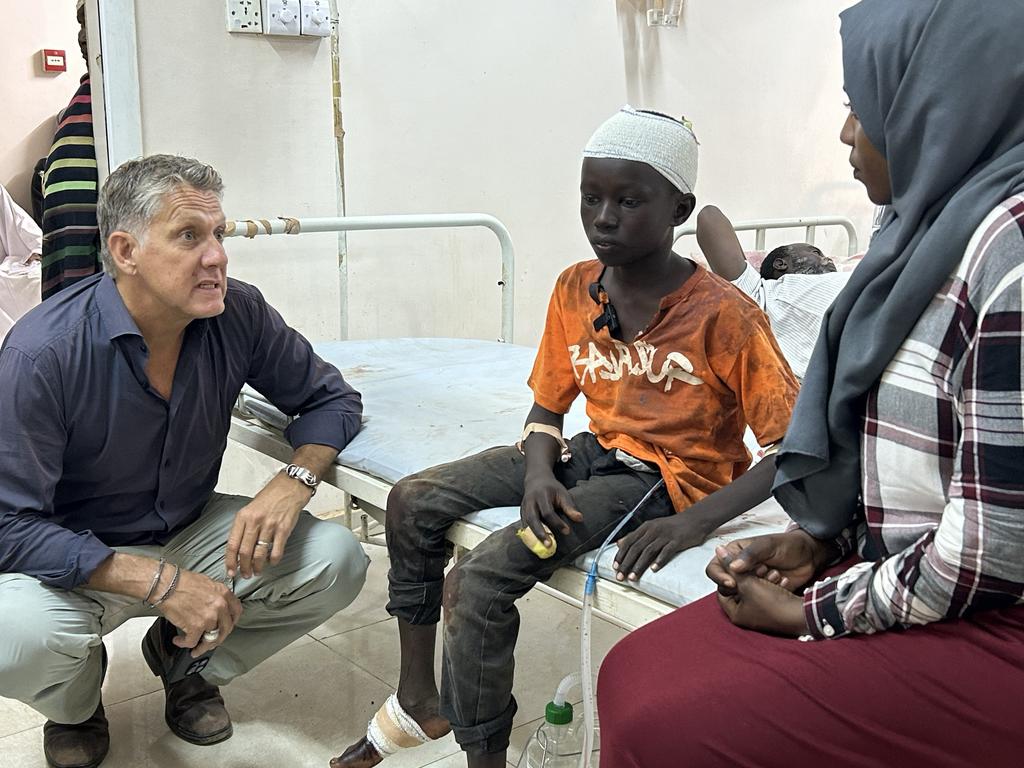
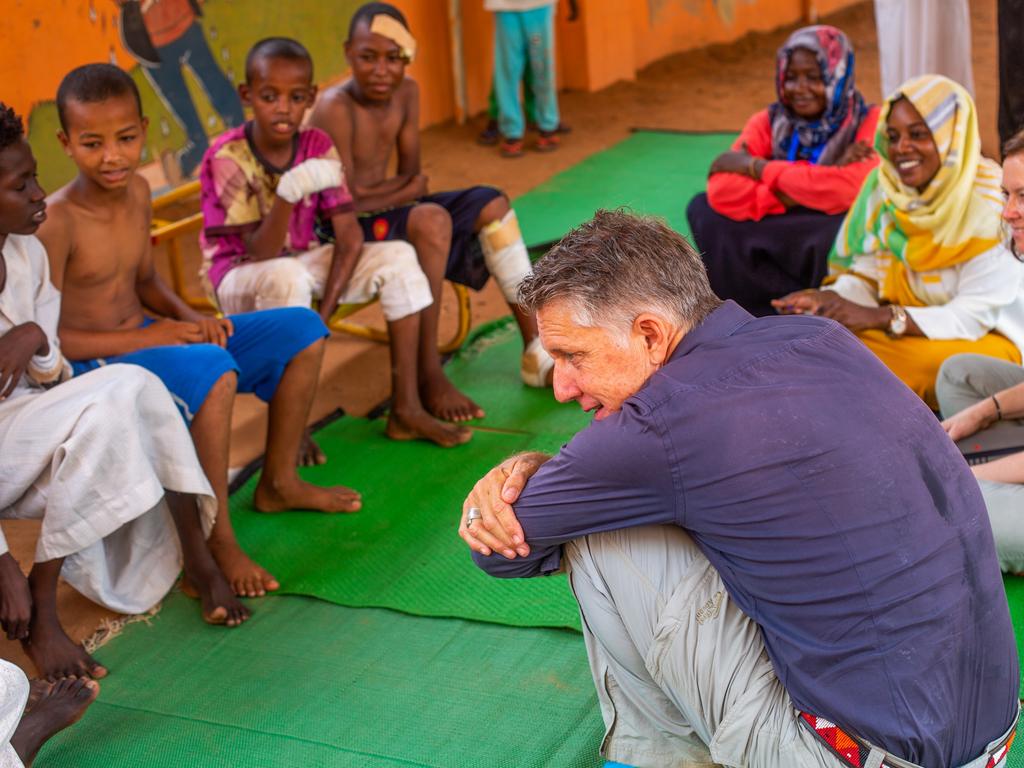
Earlier this month, the Famine Review Committee (FRC) declared a state of famine in the Zamzam displaced persons camp near the town of El-Fasher, 800km from the capital of Khartoum. It is the first such declaration of famine in seven years, and only the third time in 20 years.
More than half of Sudan’s 25 million residents are children, with almost four million under the age of five suffering from acute or severe malnutrition.
Heavy rain and flooding has compounded the misery with at least 17 people killed in building collapses in the northern Sudan town of Abu Hamad, about 400km north of the capital.
The country’s Infrastructure Minister Samir Saad said torrential rain had resulted in 11,500 homes collapsing and 170 people being injured.
There are also thousands of reported cases of malaria, measles, cholera and dengue fever, and
fears widespread hunger and illness will soon hit other regions, including Darfur, Khartoum, Kordofan and Al Jazirah.
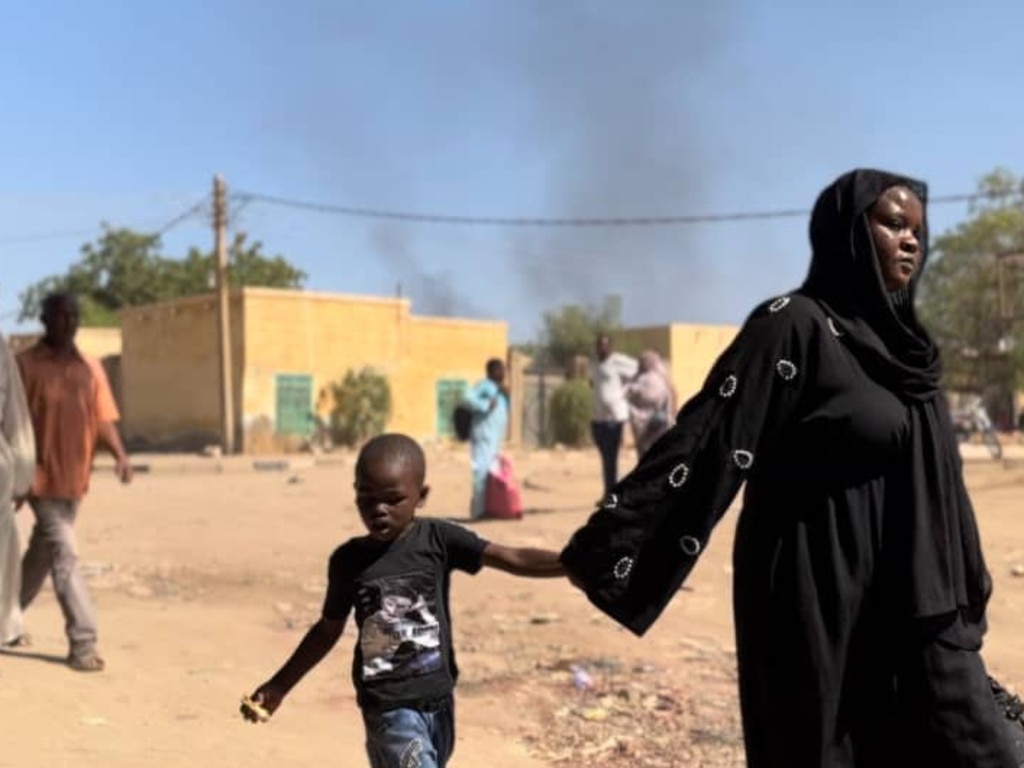
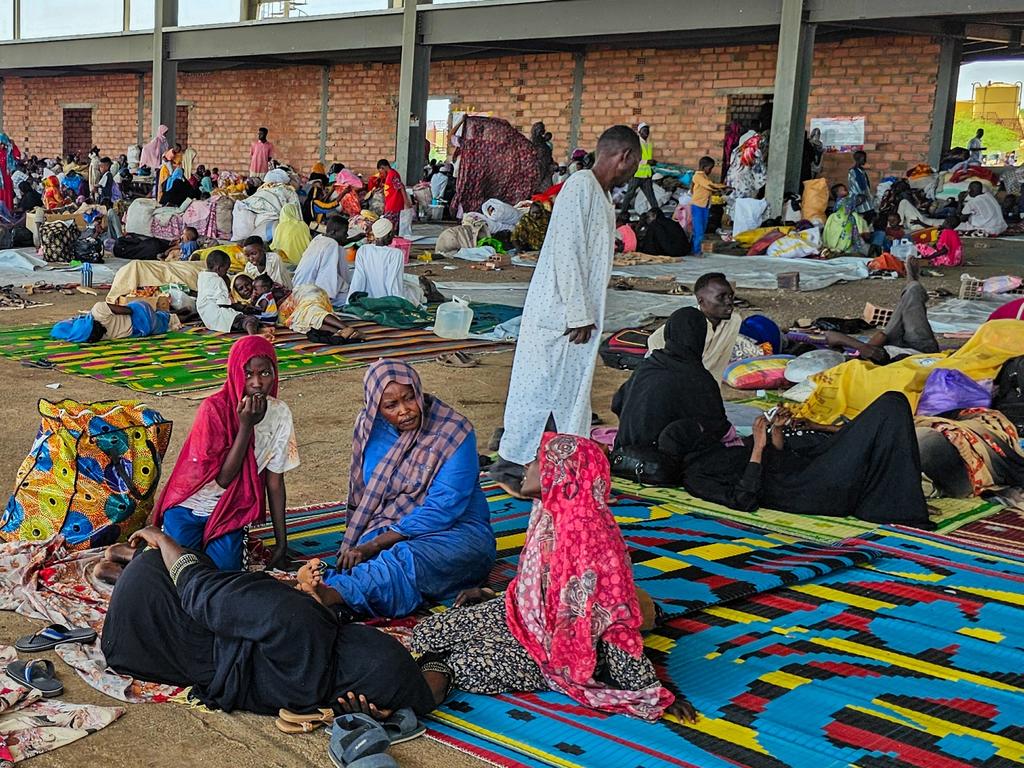
Elder said the “live fire” between members of the paramilitary group Rapid Support Forces (RSF) led by former Army deputy General Mohamed Hamden Daglo clashing with the Sudanese Army led by Abdel Fattah al-Burham has been one of the most challenging situations to deal with.
That has made getting access across conflict lines difficult as Elder and other UNICEF aid workers try to reach “desperately thin children”.
“Any disease outbreak will see mortality skyrocket,” Elder told news.com.au
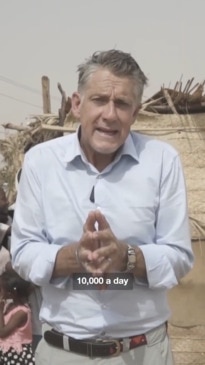
“Disease is our great fear. If there is a measles outbreak, or diarrhoea or respiratory infections, the terrifying outlook for children in Sudan dramatically worsens – remembering that in the current living conditions, and with heavy rains and flooding, these diseases spread like wildflower,” he said.
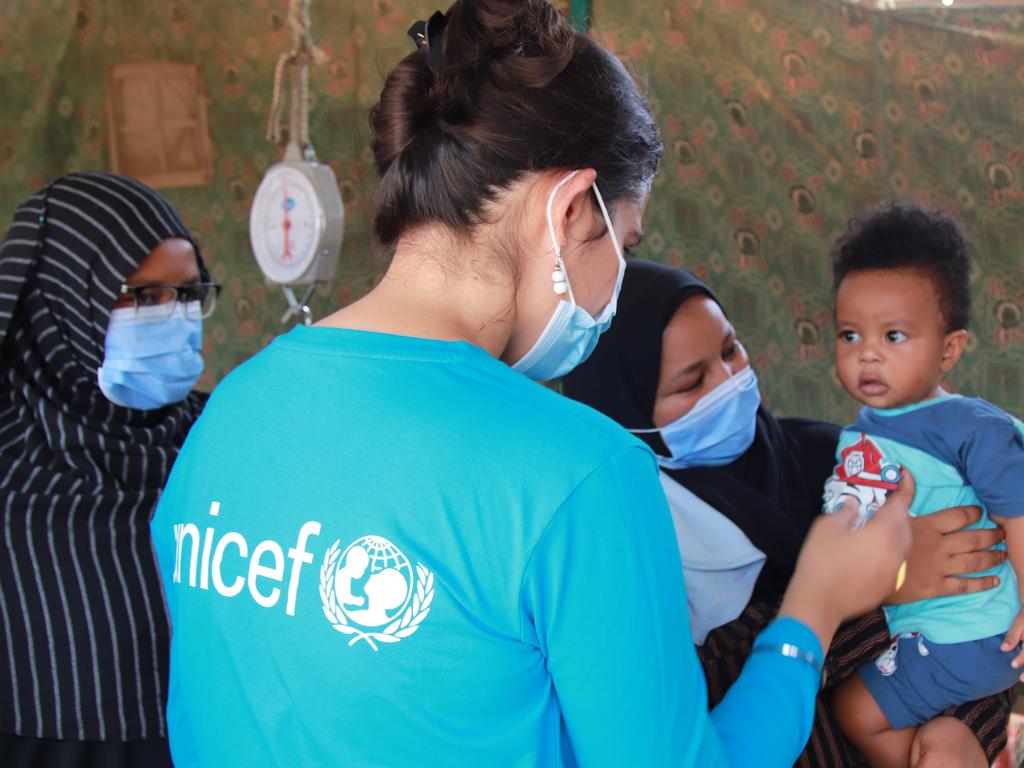
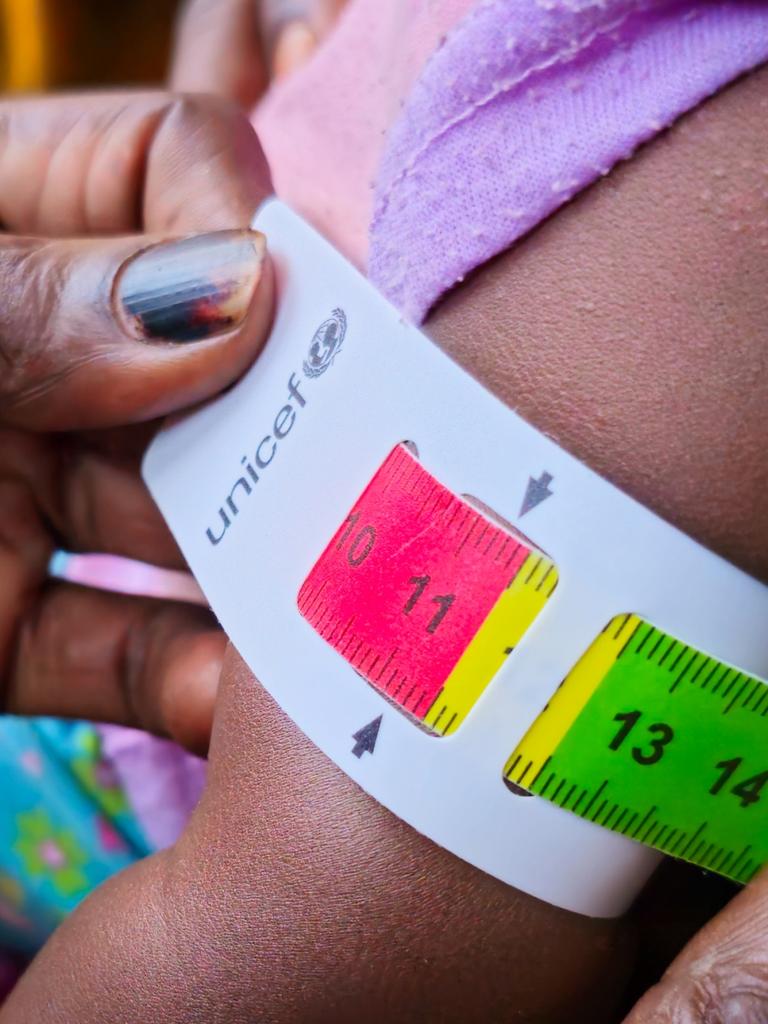
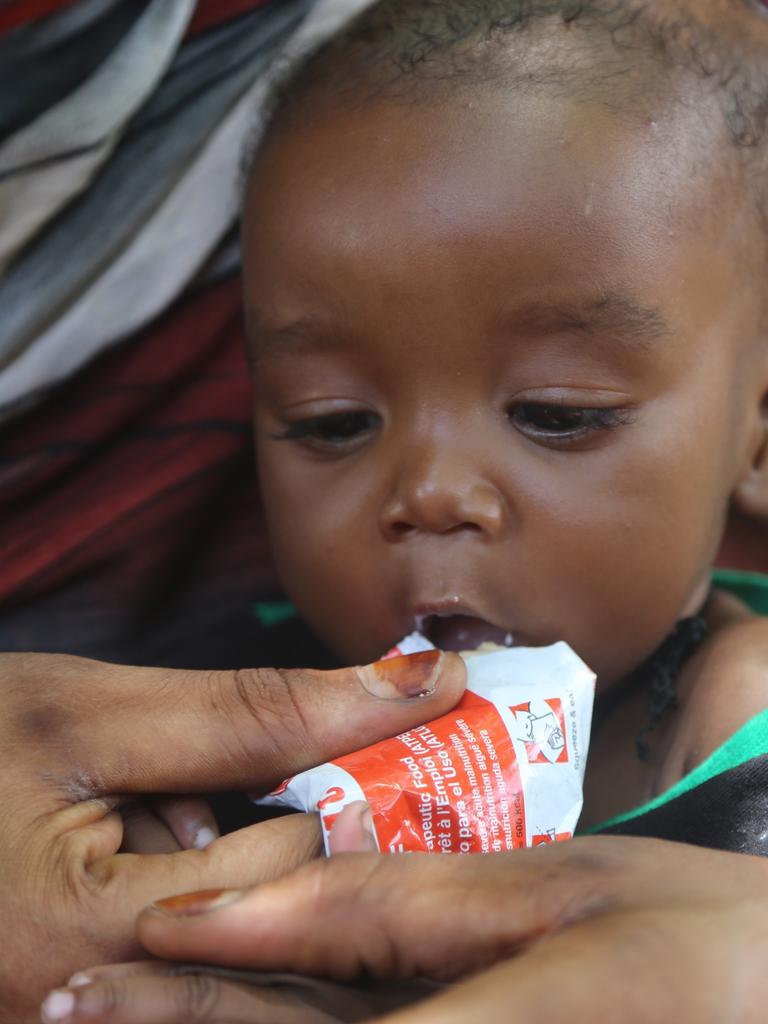
“But I am also seeing the impact of UNICEF. I’m in vaccination centres; nutrition hubs where the most lethally malnourished children are getting help; hospitals where incredible health staff are sharing their gratitude for our medicines.
“This is where we save and change lives,” he said.
Asked what keeps him going in situations where most people would crumple into a mess, Elder said the “anger at opportunities being stolen from children”.
“My frustration at injustice and hypocrisy; and at indifference when it comes to some of the world’s most vulnerable children,” he said.
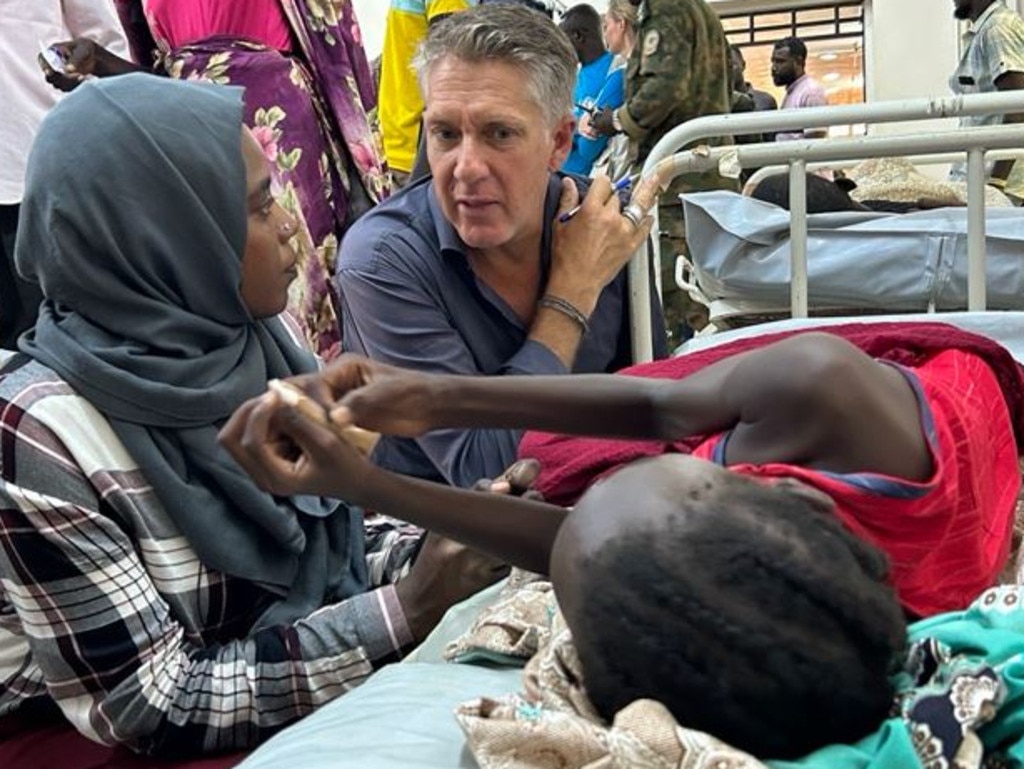
He said his biggest fear for the innocent victims caught up in war is the “they lose the opportunity to a childhood, and all that encompasses – safety, hope, education, and nutrition.
“Far from being a cliche, the following is rooted in economic fact: Children are a country’s most valuable resource,” Elder said.
“They represent the future workforce. Investing in their education, health, and wellbeing ensures a skilled, productive labour force that drives economic growth.
“When we focus on two key things for children, nutrition and education, their absence has profound long-term effects for them, their families and communities.
“Without basic skills like reading, writing, and critical thinking, a child will struggle to secure decent jobs, often facing a cycle of poverty.
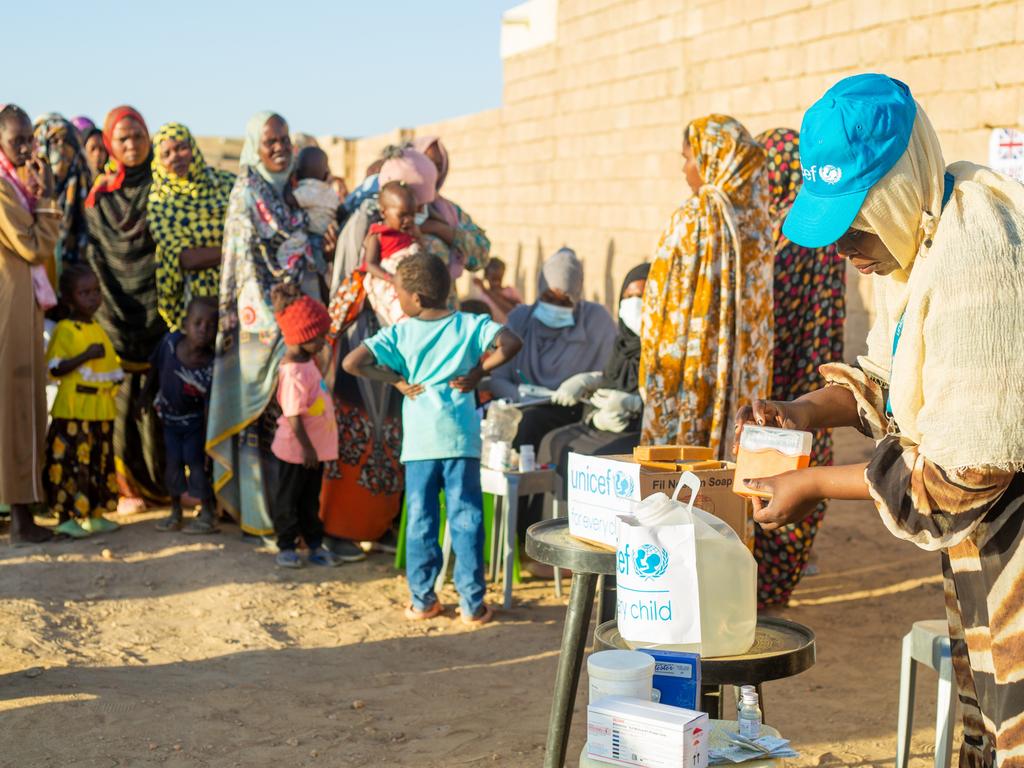
“Poor nutrition in childhood can lead to stunted growth, weakened immune systems, and
cognitive impairments, all of which hinder a child’s ability to learn and develop. This can
result in lower academic achievement, reduced productivity in adulthood, and increased
susceptibility to chronic diseases, ultimately limiting their potential and reducing their
quality of life.”
He said his biggest hope for the children of war is that “they get to have a childhood, with enough food and no bullets. That they have every chance to be their best selves.”
“That they have all a child needs to reach their potential and be a part of tackling some
of the massive issues that face our community, our world,” he said.
Elder said seeing the impact UNICEF is having is also a greater motivator.
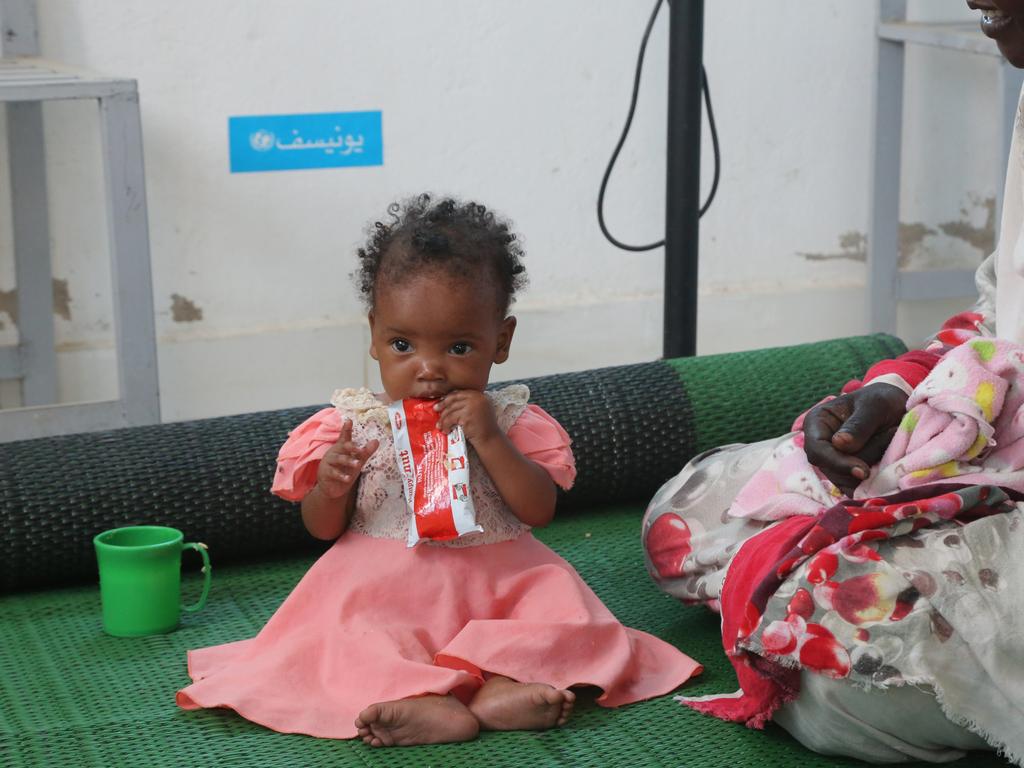
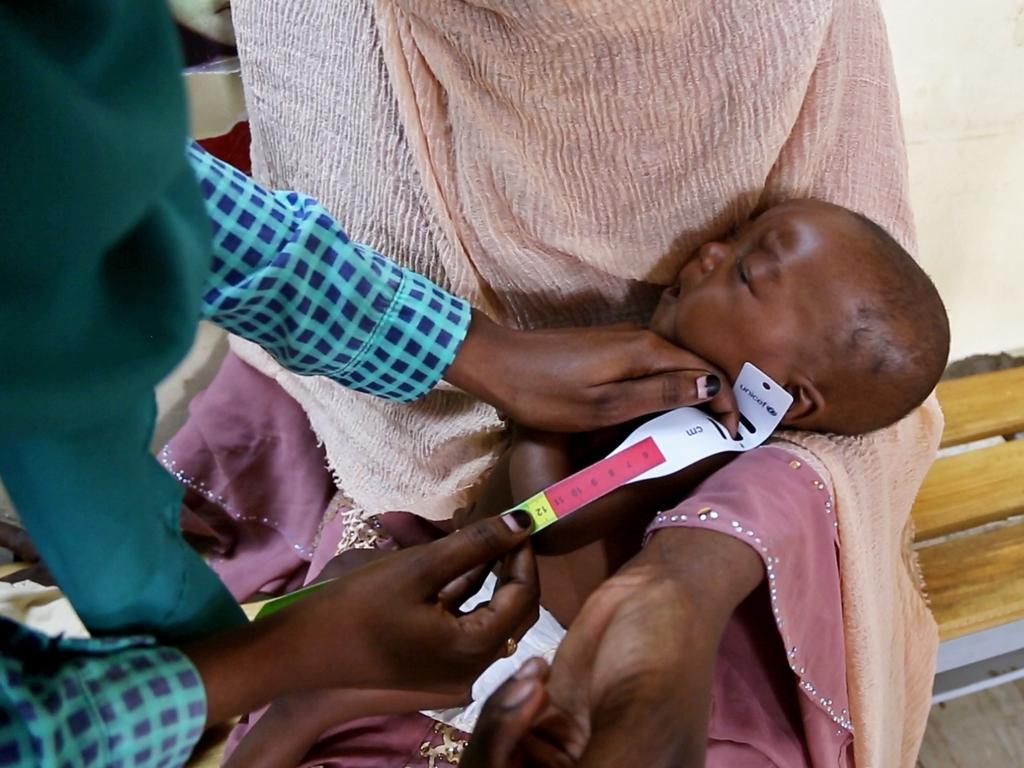
“And the immense privilege of being able to spend long periods of time speaking with people from every corner and culture of the world. Hearing their stories; their determination against immense odds; learning from them,” he said.
“And, second: Seeing the look on mothers’ faces when their children are vaccinated for the first time; seeing girls first enter a classroom; using UNICEF’s mandate to try and shed a light on those doing terrible things to children.
“I am humbled when a person – from Gaza to Sudan – thanks me for seeking to shed a light on what they are enduring,” he said.
“Though, yes, there are certainly times when it is physically or mentally a lot. When it comes to the psychological impact, I just can’t afford to focus on myself when their suffering is so overwhelming.
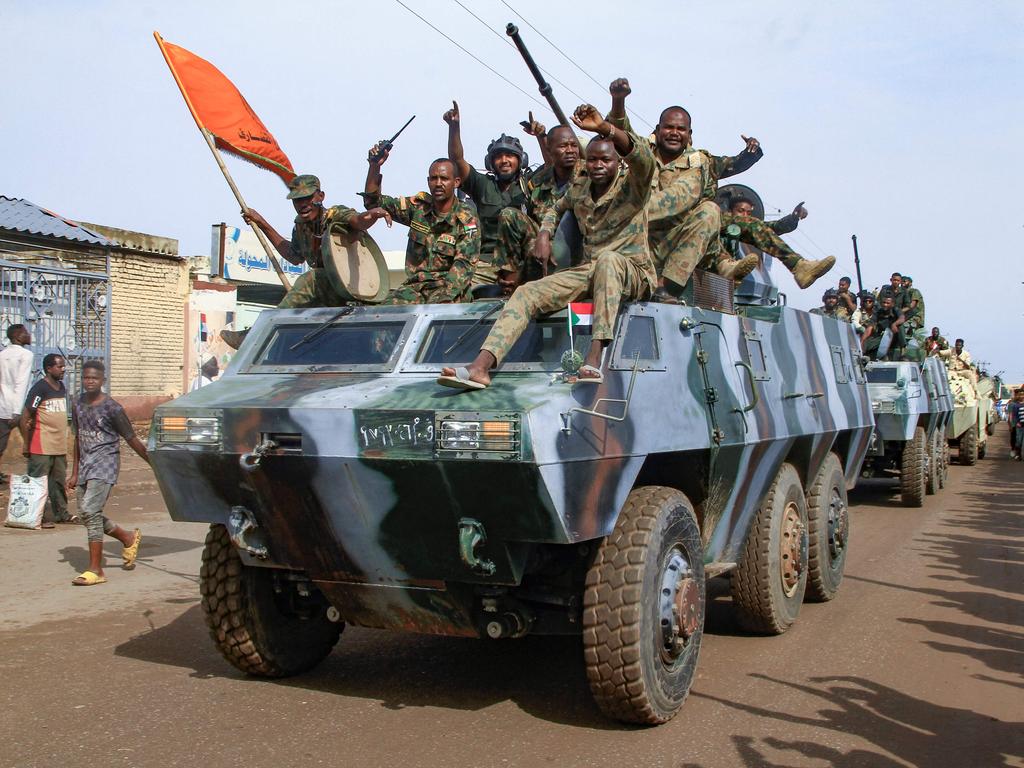
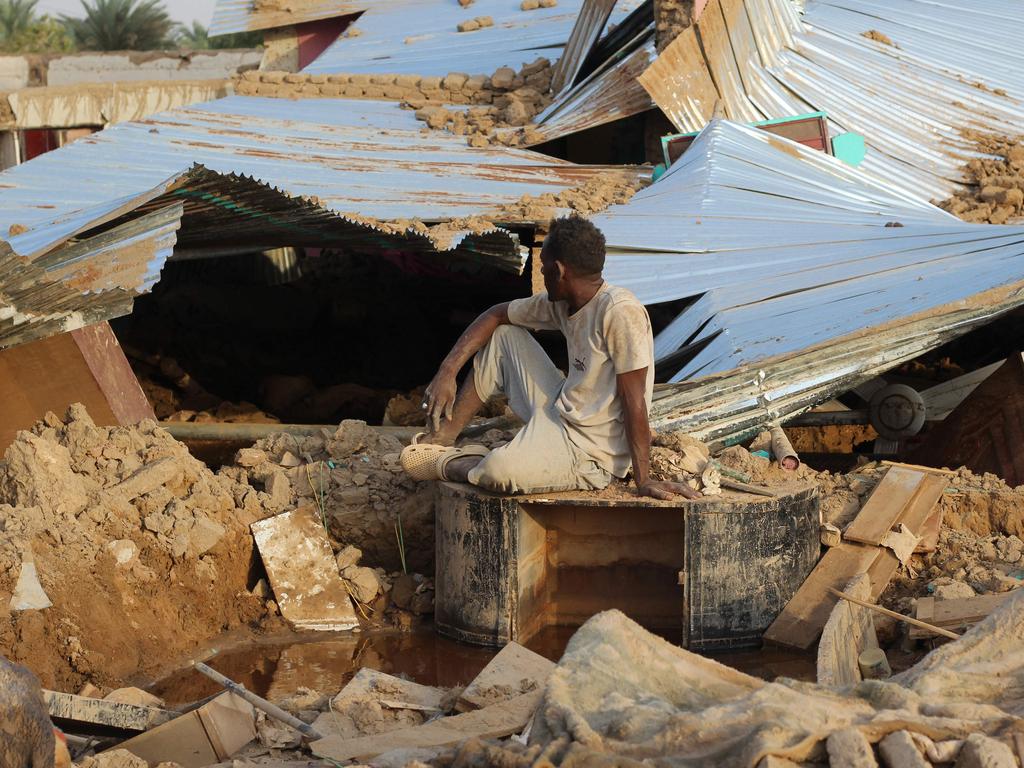
“Physically – there can be long periods of living rough: limited food, tough places to sleep, mosquitoes, irregular showers – and sometimes I get sick. But again, I get to leave these places, so there’s nothing for me to do but, as we would say in Australia, ‘toughen up and get back to work’.”
Once he is back home, Elder said he grounds “myself in the small joys”.
“Family, a hot shower, something amazing my wife cooks, walking the dogs.
“My wife is an immense support. She understands the work, and she knows what it means to me,” he said.
“And then there are friends. But we move a lot, and so while I have incredible friends across many countries, it’s not always as simple as calling someone to go and have a chat, or a beer.
“Focusing on what my children are doing is a great way to take a mental break. Meditation challenges with my daughter. Cricket with my son. Soccer with my eldest son. Sunset drinks with my wife.
“All that said, each time I come home, the people I’ve met weigh heavily on my heart, deepening my commitment to speak out for them. I don’t think you ever really stop working when it comes to those UNICEF seeks to serve. And I am fine with that,” he said.
Elder called on Australians living in “nation with a social safety net”, to help give those suffering “a leg up”.
“As a country we like to punch above our weight. Just look at the Olympics. We love that international spotlight. So, I’d say we can lead with integrity: By taking action, Australia can enhance our influence globally,” he said.
Anyone who’d like to support: unicef.org.au/donate/sudan-famine-crisis

